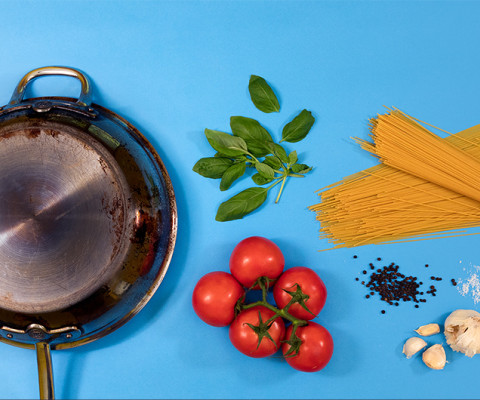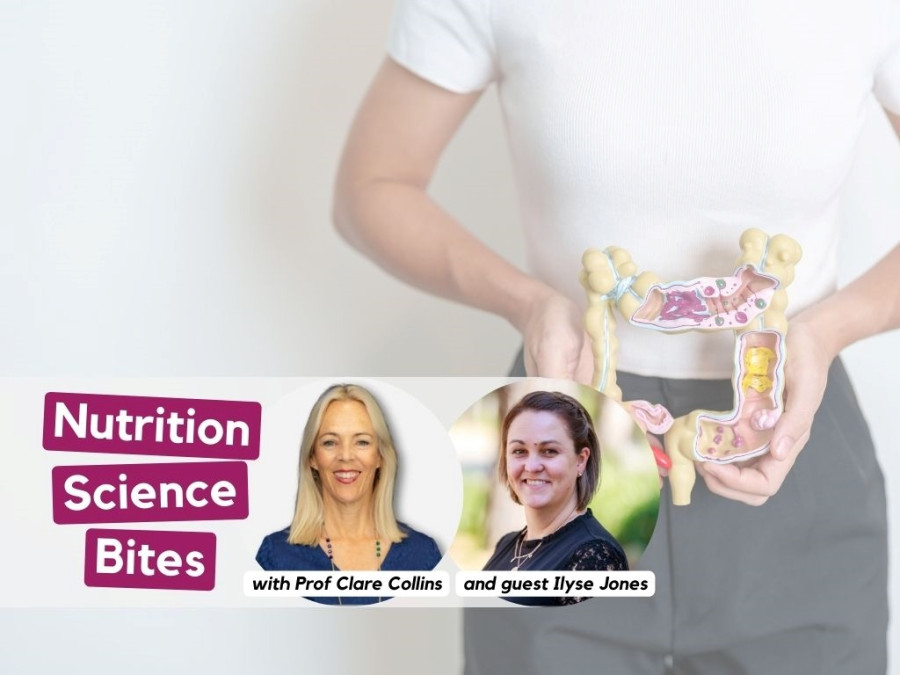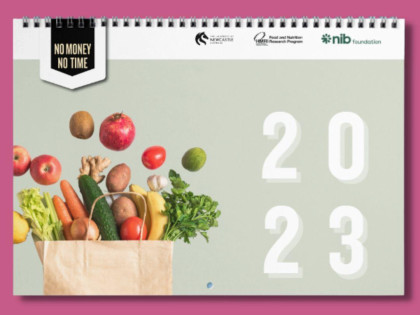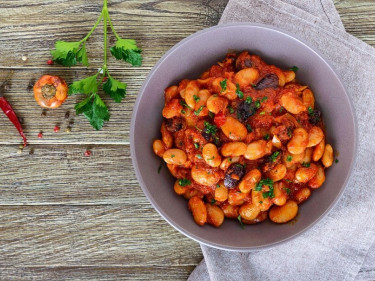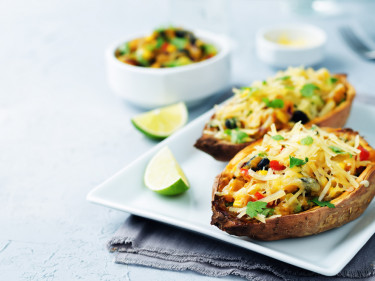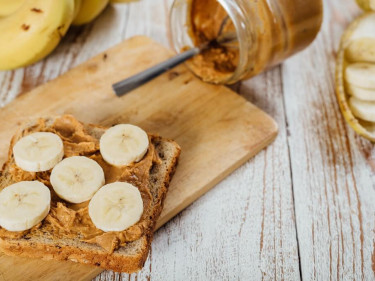In this episode, Prof Clare Collins and Ilyse Jones discuss diverticulitis, a common gastrointestinal condition, particularly as you age. They explore its causes, symptoms, and the importance of dietary management.
The conversation emphasises the need for medical advice and the role of fiber in both acute flare-ups (where fibre intake is reduced) and prevention (where fibre needs to be high). They also discuss the stigma around talking about bowel health with healthcare professionals.
For more information on diverticulitis - check out No Money No Time resources:
What's the difference between Diverticulitis and Diverticulosis? ...and do you need a special diet?
How what you eat can help manage constipation
Need some high fibre recipe inspiration? Check out No Money No Time favourites with over 10g/serve!
- Lauren's Roast Vegetable Pasta - 17g fibre per serve
- Easy Overnight Oats - 11g fibre per serve
- Black bean quesadilla with speedy guacamole – 13g fibre per serve
- Easy Vegetable & Chickpea Slow Cooker Curry – 17g fibre per serve
- Berry and oat smoothie bowl – 11g fibre per serve
Want a Personalised Food, Nutrient Assessment Report? Take our Australian Eating Survey - Use code 'DietCheck' at checkout for 50% off. PURCHASE HERE
Check Your Alcohol intake HERE
